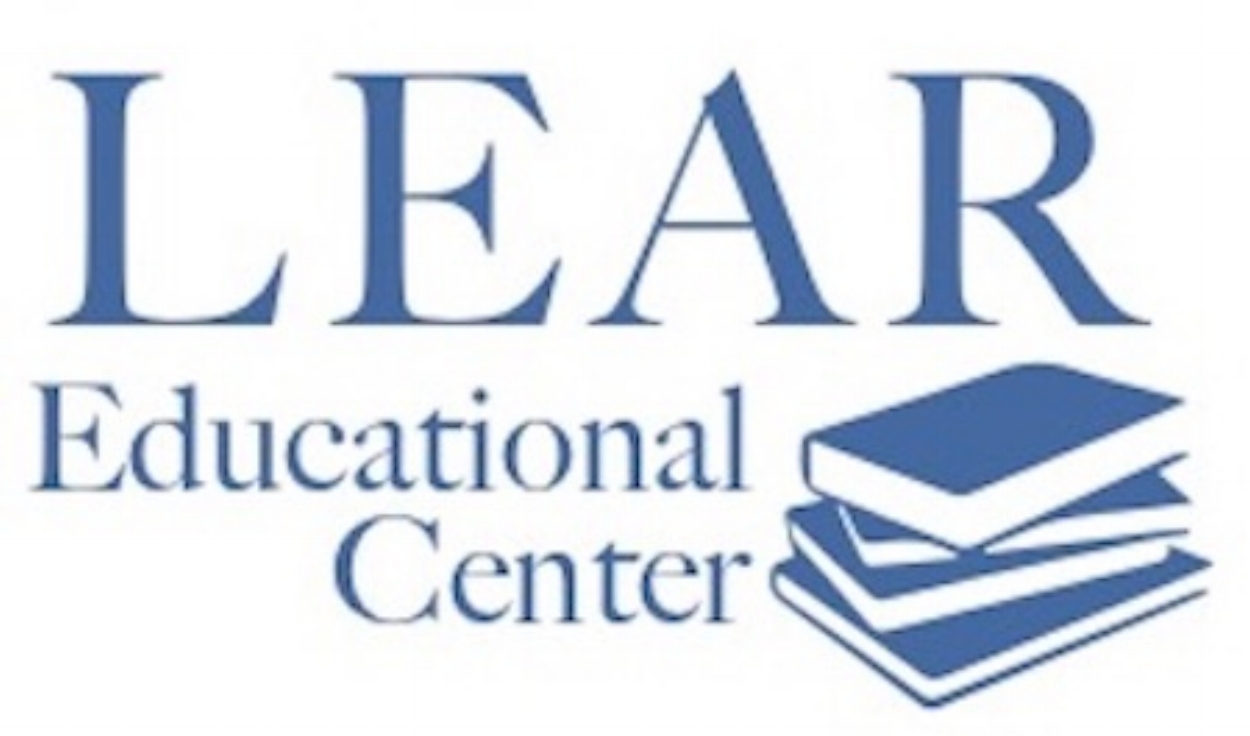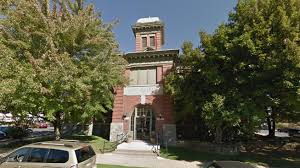Visual Processing Disorder – Seeing Clearly Without Understanding the Images
/Students with Visual Processing Disorder (Visual Perception Processing Disorder) may be able to see clearly, yet they are unable to effectively interpret and process the signals that come in through their eyes. Their eyes may focus and function normally, but the region of the brain which provides significant meaning, memory, spatial reference, and discrimination between images, symbols, letters and objects is not functioning normally. A diagnosis of Visual Processing Disorder (VPD) is usually made by a Developmental or Behavioral Optometrist or Ophthalmologist.
Because the student with VPD has difficulty making sense of what he sees, routine activities of daily life are hindered as well as learning. Weakness in spatial perception causes problems with visual motor processing, interfering with such activities as tying shoelaces, fastening buttons and climbing stairs. They often knock things over unintentionally as they fail to judge distances appropriately. Games such as baseball which call for eye-hand coordination are especially challenging. These students may not be able to write letters or numbers legibly.
There may be difficulty with visual discrimination between two images or between an image and its background (visual figure-ground discrimination). These students may be unable to determine the difference between two similar looking letters. Because they have weak visual closure, they may not be able to determine the identity of an object when a picture shows it missing a part, such as a picture of a dog without a tail or a box with a portion of a side missing.
Students with VPD often skip words and lose their place while reading. Visual processing disorders can cause them to mix up the order of words and letters, reversing them or dropping them altogether. Because they have poor visual memory, reading comprehension is difficult and that leads to confusion and frustration. In addition, these students may reverse the order of numerals or misinterpret symbols such as those for addition and subtraction. Having a weak ability to recall and remember what they have seen, they find it difficult to proceed through steps of computation. When arithmetic problems and solutions are written out on a blackboard, these students may be unable to copy information accurately. Homework assignment page numbers may be reversed.
Educational programs that accommodate and compensate for the learning differences of these students are required.
Lear Educational Center specializes in teaching students with learning differences, including those with Visual Processing Disorder. We provide systematic, intensive, individualized instruction designed to meet their needs. We interface with schools, working with the curriculum appropriate for each student. We accommodate and compensate for learning differences, helping students meet IEP and remediation goals.
Our programs foster enthusiasm, comprehension and retention. They feature:
Multi-sensory teaching (sight, hearing, touch and movement) to encourage and maintain interest.
Visual, spoken, and written explanations of concepts which assist the students to image and verbalize the reasoning of the concept.
Gradual introduction of new concepts and skills with frequent review so as to enhance recollection of prior learning and promote mastery of basics.
An emphasis on comprehension and retention so that students can effectively progress through more complex levels.
Introduction of strategies which the student can use to meet the learning challenges of today as well as the classroom challenges of tomorrow.
We use programs that are widely acclaimed for their success in teaching students with learning differences. These programs include Lindamood-Bell, Saxon, Wilson and Orton-Gillingham.
At Lear Educational Center we provide one-to-one academic coaching and individualized tutoring on all levels, primary through college, for most subjects and for most standardized tests. Our students learn foundational skills and strategies so that they can better understand their current coursework and meet the challenges of tomorrow.
Lear Educational Center - providing tutoring services to students from Allentown, Bethlehem, Easton and the Greater Lehigh Valley since 2000



































